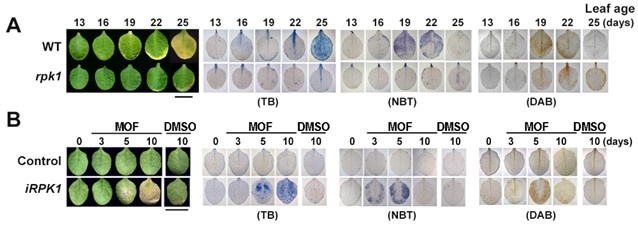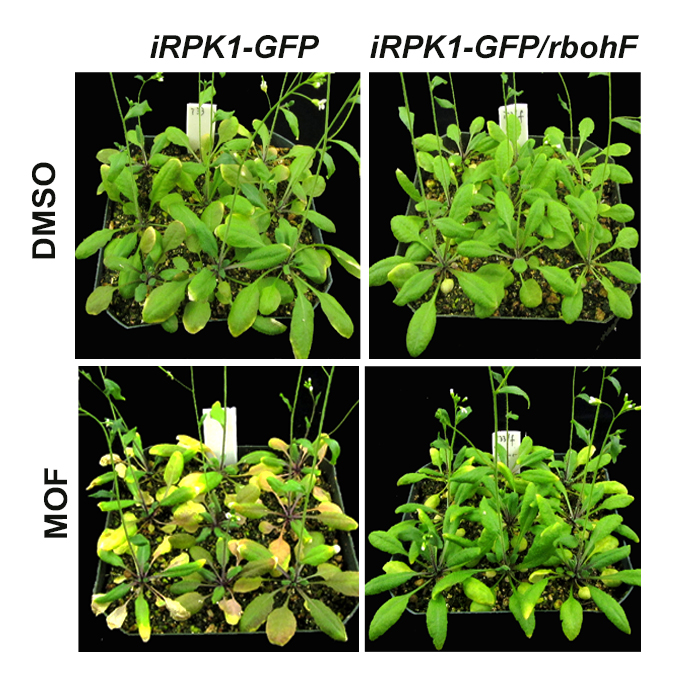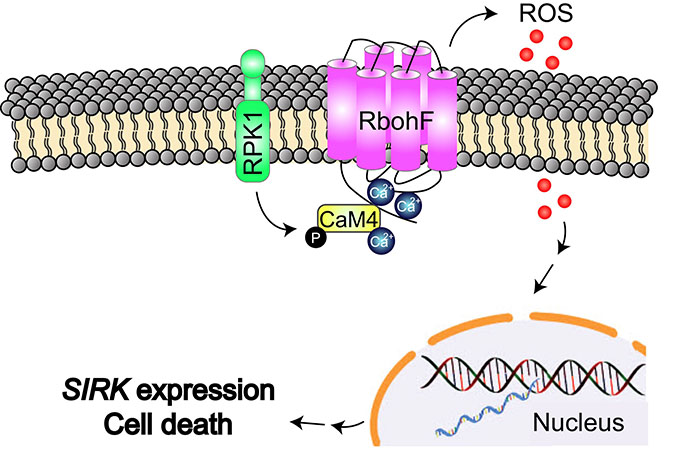주메뉴
- About IBS 연구원소개
-
Research Centers
연구단소개
- Research Outcomes
- Mathematics
- Physics
- Center for Theoretical Physics of the Universe(Particle Theory and Cosmology Group)
- Center for Theoretical Physics of the Universe(Cosmology, Gravity and Astroparticle Physics Group)
- Center for Exotic Nuclear Studies
- Center for Artificial Low Dimensional Electronic Systems
- Center for Underground Physics
- Center for Axion and Precision Physics Research
- Center for Theoretical Physics of Complex Systems
- Center for Quantum Nanoscience
- Center for Van der Waals Quantum Solids
- Chemistry
- Life Sciences
- Earth Science
- Interdisciplinary
- Institutes
- Korea Virus Research Institute
- News Center 뉴스 센터
- Career 인재초빙
- Living in Korea IBS School-UST
- IBS School 윤리경영


주메뉴
- About IBS
-
Research Centers
- Research Outcomes
- Mathematics
- Physics
- Center for Theoretical Physics of the Universe(Particle Theory and Cosmology Group)
- Center for Theoretical Physics of the Universe(Cosmology, Gravity and Astroparticle Physics Group)
- Center for Exotic Nuclear Studies
- Center for Artificial Low Dimensional Electronic Systems
- Center for Underground Physics
- Center for Axion and Precision Physics Research
- Center for Theoretical Physics of Complex Systems
- Center for Quantum Nanoscience
- Center for Van der Waals Quantum Solids
- Chemistry
- Life Sciences
- Earth Science
- Interdisciplinary
- Institutes
- Korea Virus Research Institute
- News Center
- Career
- Living in Korea
- IBS School
News Center
A Protein Trio Makes Leaves Age and Turn Yellow- Three proteins regulate the accumulation of oxygen free radicals in plants’ leaves controlling their aging and death - Every fall, when leaves change color and die, a highly regulated and partly elusive mechanism is taking place. Scientists at the Center for Plant Aging Research, within the Institute for Basic Science (IBS, South Korea), revealed how three proteins control plants’ aging by modulating the accumulation of reactive oxygen species (ROS), or oxygen free radicals. Receptor Protein Kinase 1 (RPK1) controls aging. When the rpki1 gene is removed from Arabidopsis thaliana plants, the leaves remain green for a longer time, and vice versa, overexpression of this gene results in accelerated aging. IBS scientists revealed how RPK1 is part of a trio of proteins: RPK1-CaM4-RbohF, that has a role in plants’senescence. More specifically, RPK1 binds to a calcium binding protein CaM4, and then CaM4 associates with ROS-generating enzyme NADPH oxidase RbohF. In other words, the trio works together to increase the production of oxygen molecules that are highly reactive. While the RPK1-CaM4-RbohF trio operates at the cellular membrane, ROS enter the cell and promote the expression of genes involved in senescence and cell death.
Previous studies have shown that RPK1 is involved in plants’ stress response. Thus, the current results could provide a link on how environmental stress response is connected to plant aging at the molecular level. In the future, the scientists hope to discover exactly what activates RPK1.
Letizia Diamante Notes for editors - References - Media Contact - About the Institute for Basic Science (IBS) |
|||
Center for Plant Aging ResearchPublication Repository |
| Next | |
|---|---|
| before |
- Content Manager
- Public Relations Team : Suh, William Insang 042-878-8137
- Last Update 2023-11-28 14:20















